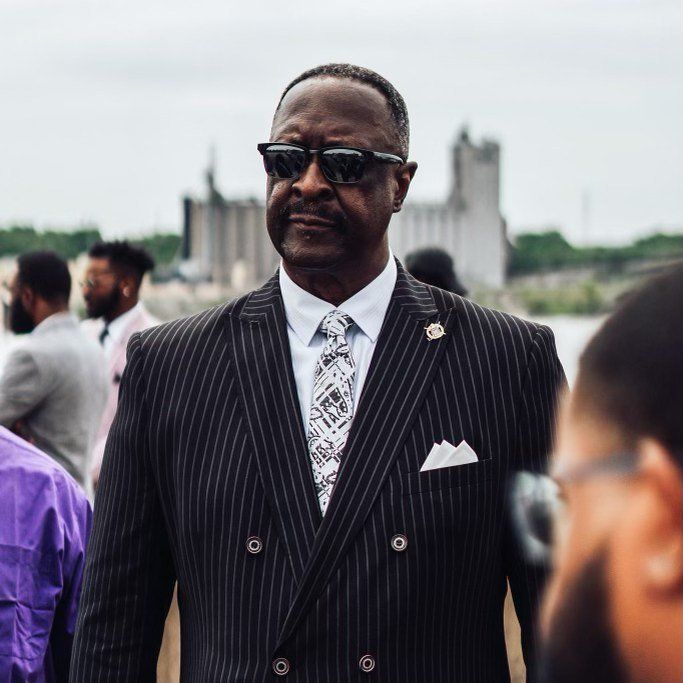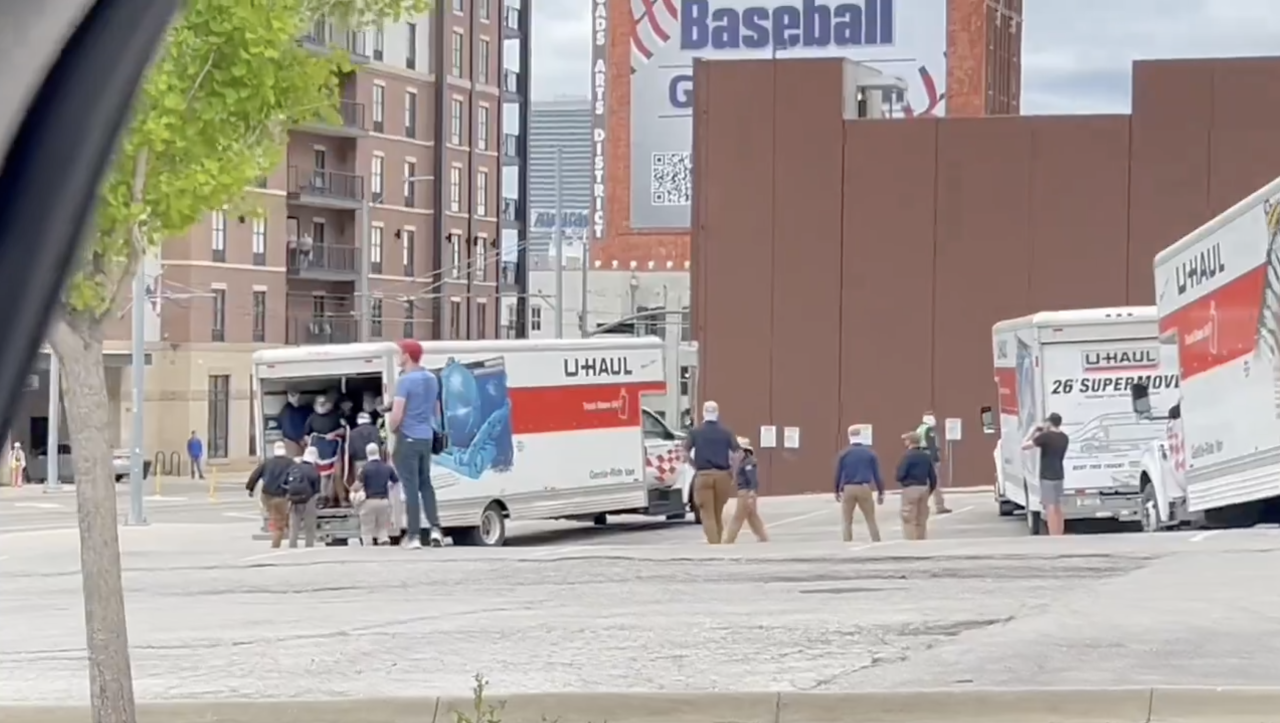NEWS & PRESS
Keeping you up-to-date on the activities of the organization locally, statewide, and beyond.
NEW FROM THE MO NAACP
MISSOURI NAACP IN THE NEWS
CONTRIBUTE TO
THE DISCOURSE
Do you have a truth waiting to be told? A piece of investigative journalism you want to share? Are you a poet, a podcaster, a writer, or a storyteller? Do you want to be part of the conversation and help drive the narrative? Do you want to uplift the voices of Black people and people of color in Missouri and America?
Reach out to us about your work, your ideas, your art, and your history. We would love to tell the world of the amazing stories Missourians hold and help you share your media with others.







